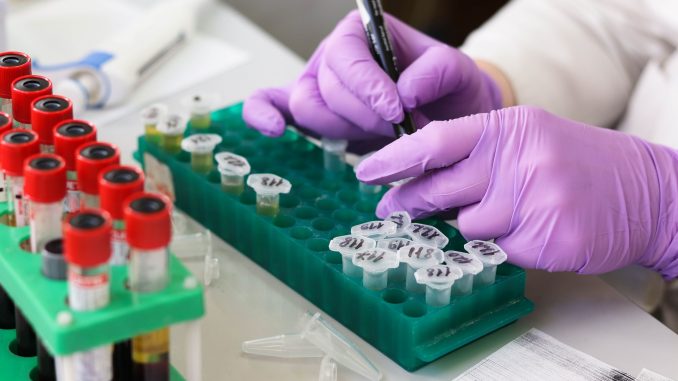
Less than a day after the UK approved a COVID-19 treatment by Merck Sharp and Dohme (MSD), Pfizer has announced that it plans to launch a very similar pill to treat the virus.
The medication – Paxlovid – was recently developed by the US-based pharmaceutical company, and clinical trials suggest it could cut the risk of hospitalization or death by 89% in adults.
Paxlovid is, at the moment, an experimental drug that’s intended for use in the most vulnerable to severe disease. It is designed to be used soon after symptoms start in high-risk groups.
The drug, which is a type of protease inhibitor, is designed to block an enzyme needed by the virus to multiply in the body. This treatment works in a slightly different way to MSD’s pill, which works by introducing errors into the virus’s genetic code.
Alongside the 480,000 courses of MSD’s COVID-19 treatment, molnupiravir, the UK has, so far, ordered 250,000 courses of the treatment. Currently, a full course of Pfizer’s treatment consists of three pills taken twice a day for five consecutive days.
According to Pfizer, its new drug is extremely effective, especially when taken alongside a low dose of the antiviral drug ritonavir. Because of this, the company says it stopped trials early and plans to submit the results to the US medicines regulator, the FDA.
Although it hasn’t received official approval, interim data from the trials have been promising. Of the 1219 high-risk patients that had been infected recently, only 0.8% were hospitalized after receiving Paxlovid, compared with 7% of those that were given a placebo pill.
In addition to this, none of the patients given Paxlovid died from COVID-19, compared with 10 in the placebo group. All the patients were in high-risk groups and had moderate symptoms.
In a statement, the company’s chairman and chief executive officer Albert Bourla said it has “the potential to save patients’ lives, reduce the severity of Covid-19 infections, and eliminate up to nine out of 10 hospitalizations”.


Leave a Reply